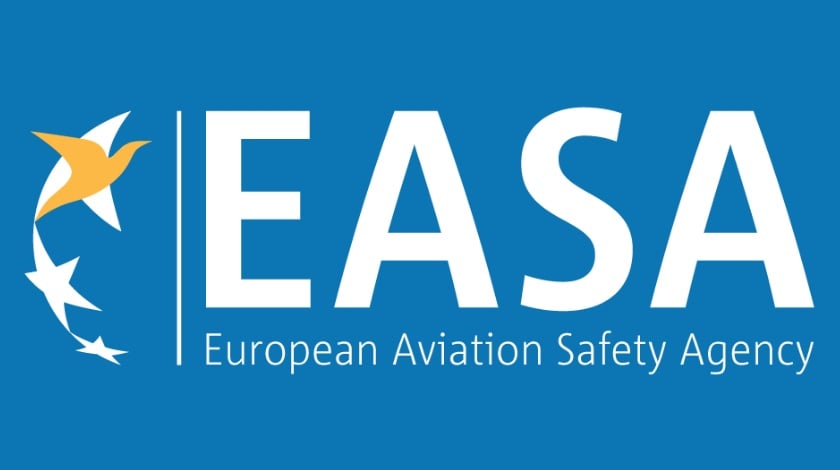EASA has published a proposal opened for comments for ‘Easier access for general aviation pilots to instrument flight rules flying’ (NPA 2016-14). The objective of this so-called Notice of Proposed Amendment (NPA) is to provide a more accessible instrument rating for pilots holding non-commercial licences in general aviation.
The NPA therefore proposes the introduction of a ‘Basic Instrument Rating (BIR)’, which is a qualification to fly in Instrument Flight Rules (IFR), but based on more proportionate requirements when compared to the traditional instrument rating, and tailored to the need of GA pilots. This is one of the key initiatives for meeting the Agency’s road map and GA community’s objectives. As an innovation, the key principles for the BIR are as follows:
Training that is entirely competency-based. There will be no minimum hours requirement set for the BIR. All the required competencies that a GA pilot needs for an IFR flight are analysed and grouped into three modules of training. Candidates will progress to the next module or skill test when ready to do so.
Training that is flexible. The core module of instrument flying skills must always be completed first, and after having done so, the candidate may choose which further module to tackle next, within a timescale that suits them. This takes into account the fact that GA pilots may often not have the time or financial resources to commit to a more conventional full course of training towards the IR.
Focus on the practical needs of GA pilots. Holders of the BIR should feel confident to use it to the full extent of its privileges. While IFR flight has many safety advantages, what is central to its philosophy is to assess the risks of a particular flight in a more systematic way. To this end, the training will be focused on the real-world instrument flying needs of GA pilots, with particular emphasis on practical application of threat and error management. This will ensure that the full safety and utility benefits of IFR flight are reaped.
High standards of training and testing. Despite the focus on GA needs, practical training and testing standards will be similar to those of the current Part-FCL instrument ratings, particularly with regard to interaction with other airspace users. It is very important that GA pilots flying under IFR have the required competencies for this.

